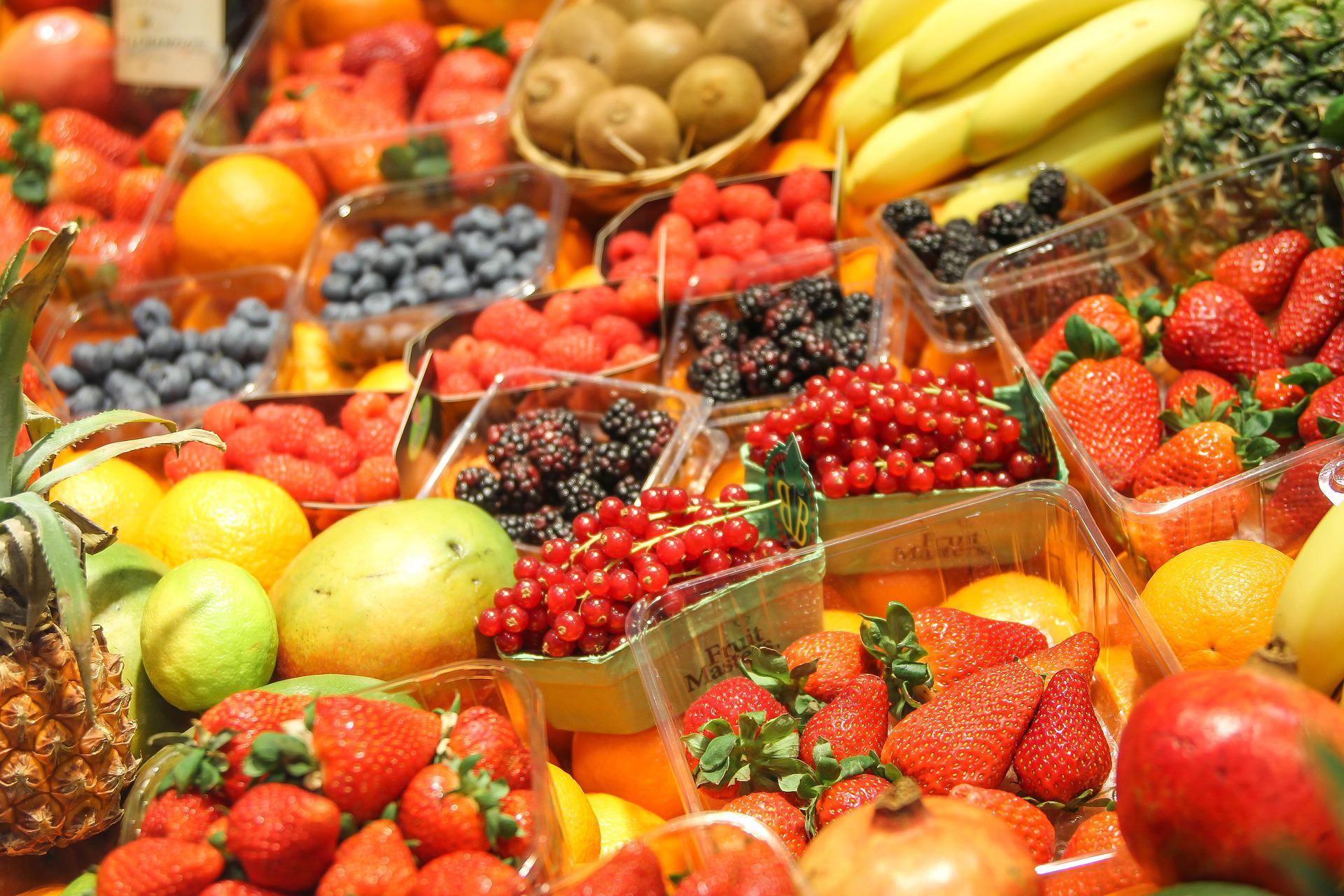Natural colorants are presented as an option that also provides valuable solutions to a growing demand for clean labels. The color of food is an important aspect because it conditions the consumer’s perception of the product and influences purchasing decisions.
In the image era in natural food colouring, where everything enters through the eyes, it is necessary to think about the visual appeal of a food or drink. Therefore, natural colorants are the answer to continue innovating and bring color to new product categories.
The color of a food not only increases its visual appeal but is also linked to its freshness and flavor, determining consumer expectations of a product.
What are Natural Colors?
They consist of pigments extracted from a natural source such as vegetables, fruits, minerals and plants, among others. When added to a food or drink, they give it a vibrant natural color. In nature there are hundreds of resources that allow natural colorants to be obtained, while at the same time providing functional benefits for health. Among the most famous are:
- Spirulina: A blue-green algae, also rich in protein, widely used in the sports drink segment.
- Turmeric: It is a great ally for yellow tones; it is famous for its anti-inflammatory properties.
- Paprika: Not only does it provide its red color, but also antioxidants.
Today’s consumers are looking to make the most of every situation and aim for a functional diet. They achieve this by combining ingredients, flavors, textures, colorings and benefits that help them improve their health and emotional well-being.
In the era of image, natural colorants can help create attractive foods and beverages that attract these new consumers who want to be surprised with innovative proposals. Therein lays the importance of experimenting with natural colorants in new product categories.
Color: Protagonist of Food
In many cases, colors additives help enhance natural colors, adding color to otherwise colorless foods. In addition, they compensate for color variations typical of a food and help identify certain flavors, ingredients or properties.
In short, when choosing a food or drink, color plays a leading role and influences both perception and purchase decision.
However, in recent years, the demand for more natural products, based on plants and without artificial additives, has put synthetic colorants on the bench.
In the face of a consumer more aware of the impact of food on their health and in the face of new government regulations that impose restrictions, the time has come to rethink what type of colorants to use in products.
And while the demand for clean labels strengthens, natural colorants emerge as an alternative to respond to the interests of consumers.
A Natural Alternative To Caramel Color
Traditionally, the various caramel colors (E150 a-d) were the preferred choice for brown tones. Caramel, especially E150 C and E150 D, including its by-products 4-MEI (4-methylimidazole), are the subject of much media and public attention.
As consumers increasingly prefer natural options, the replacement of artificial colors becomes essential. Various studies indicate that approximately 51% of the world’s population is concerned about the presence of caramel coloring in their daily foods and drinks.
Given this scenario and the controversy that exists around certain regulatory bodies, several food and beverage brands are choosing to replace caramel dye with an alternative option.
As research continues to find new solutions for different product categories, the industry can replace brown shades with natural alternatives to meet consumer demands.

